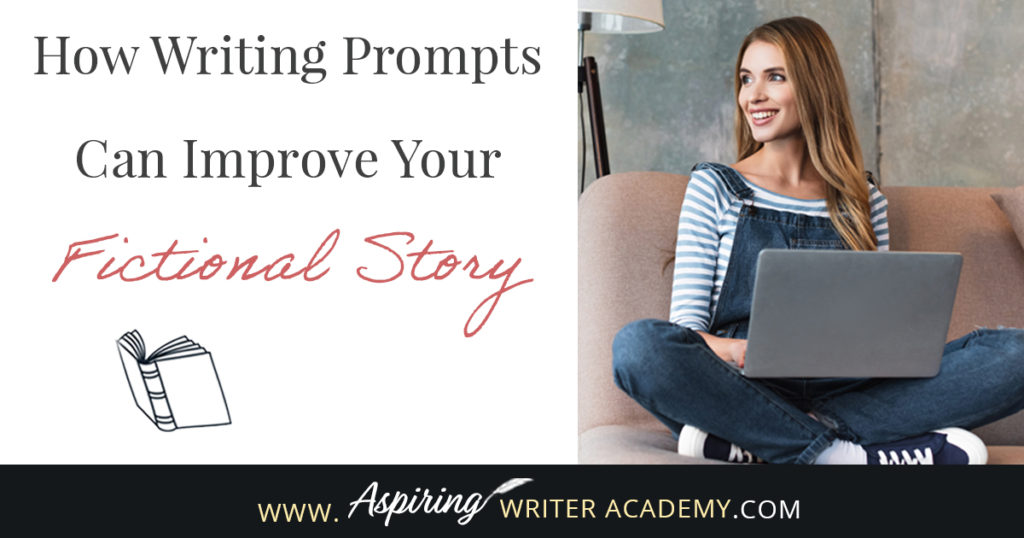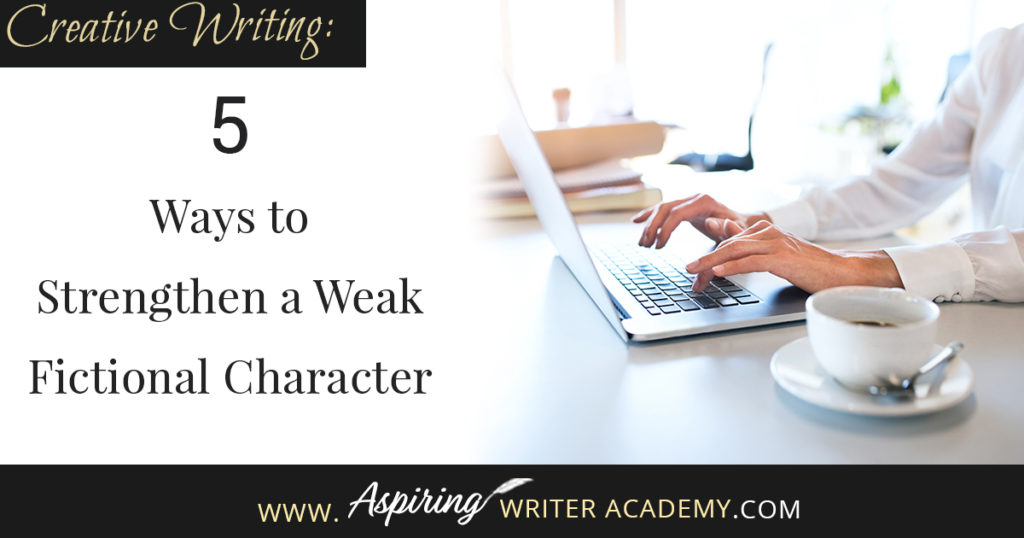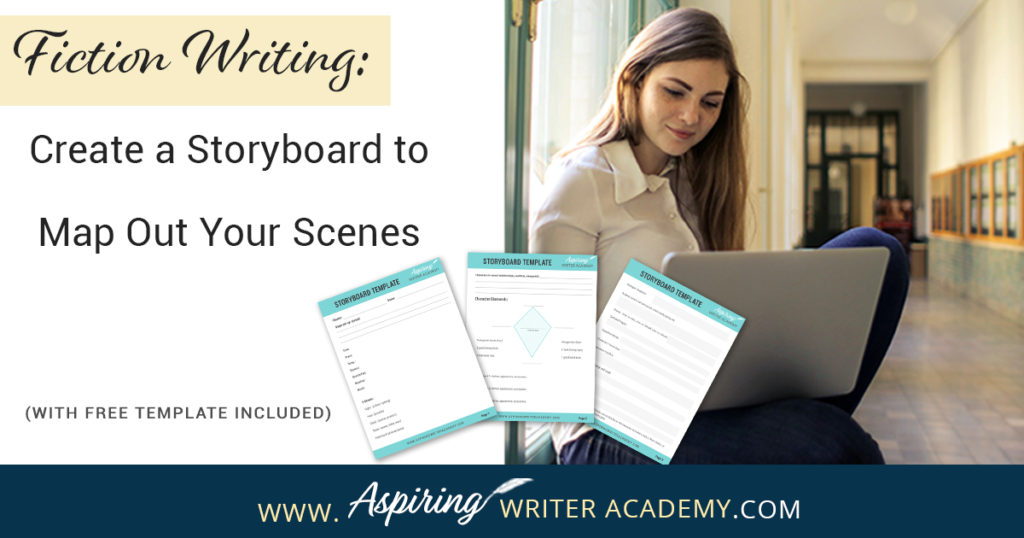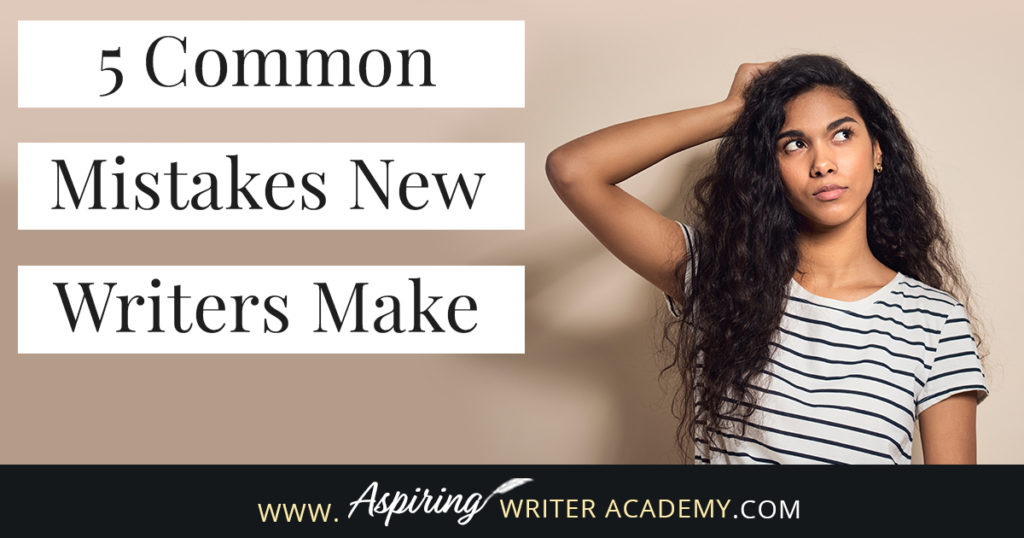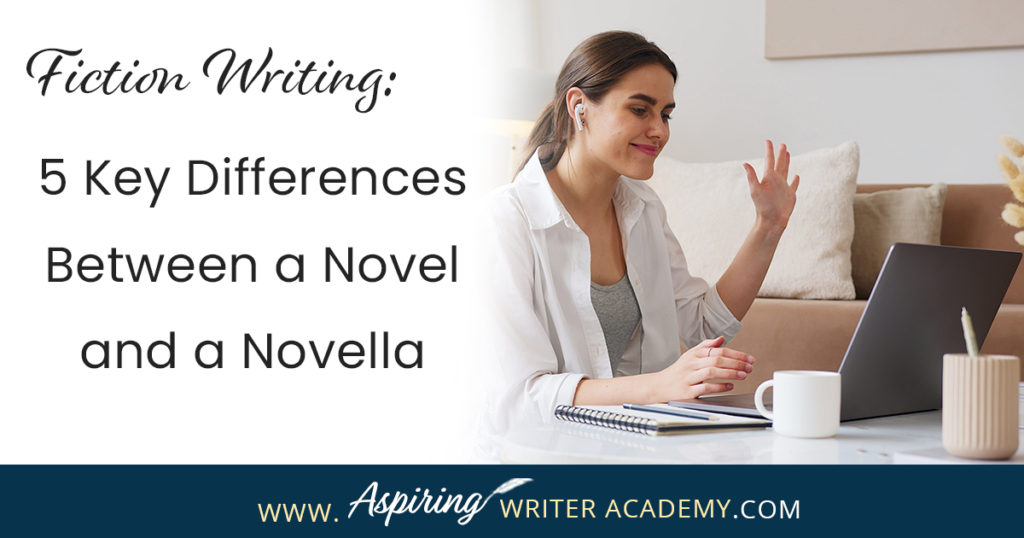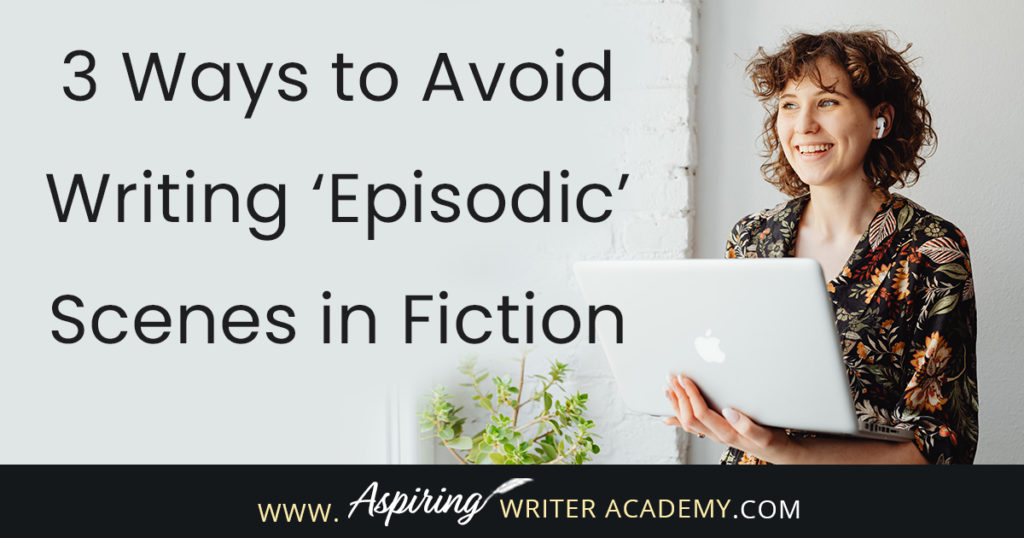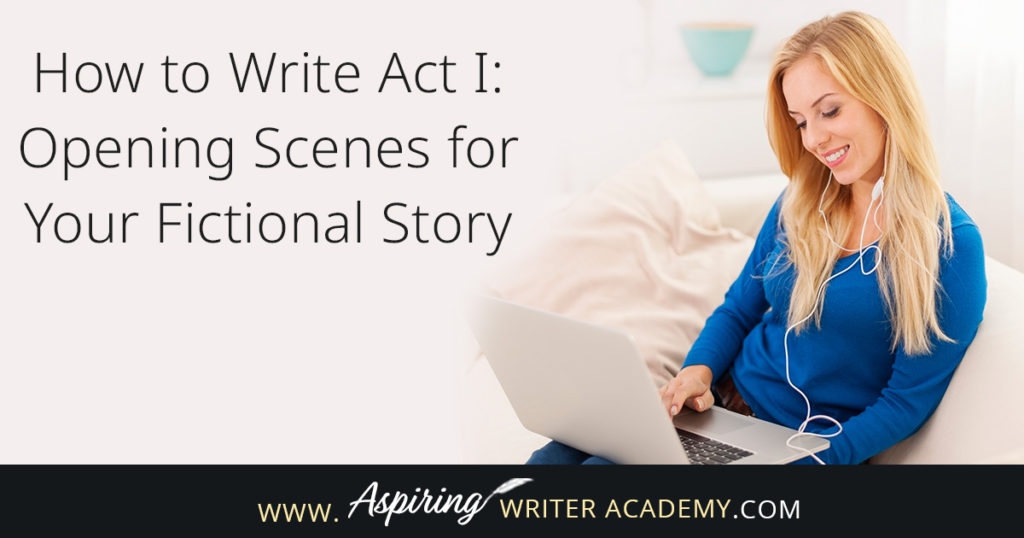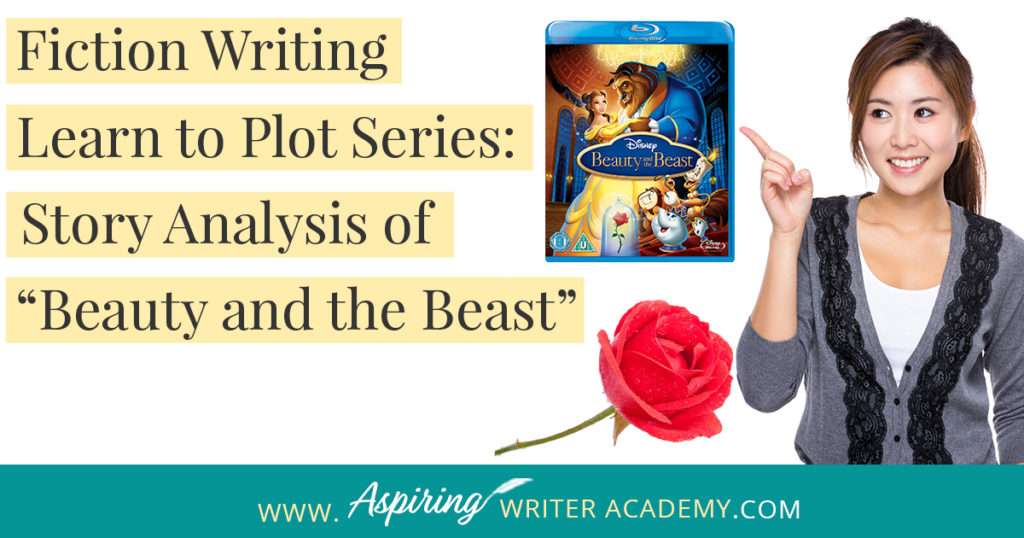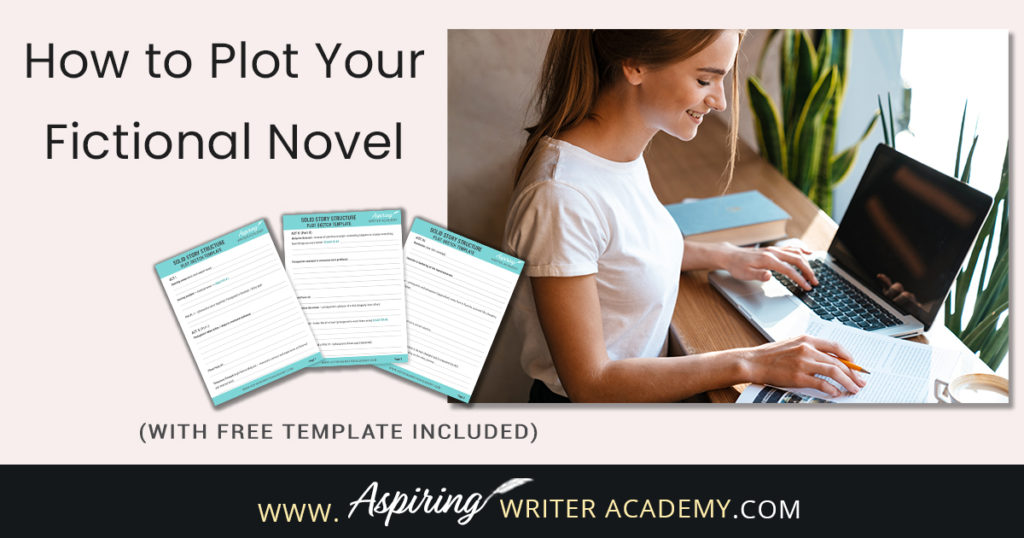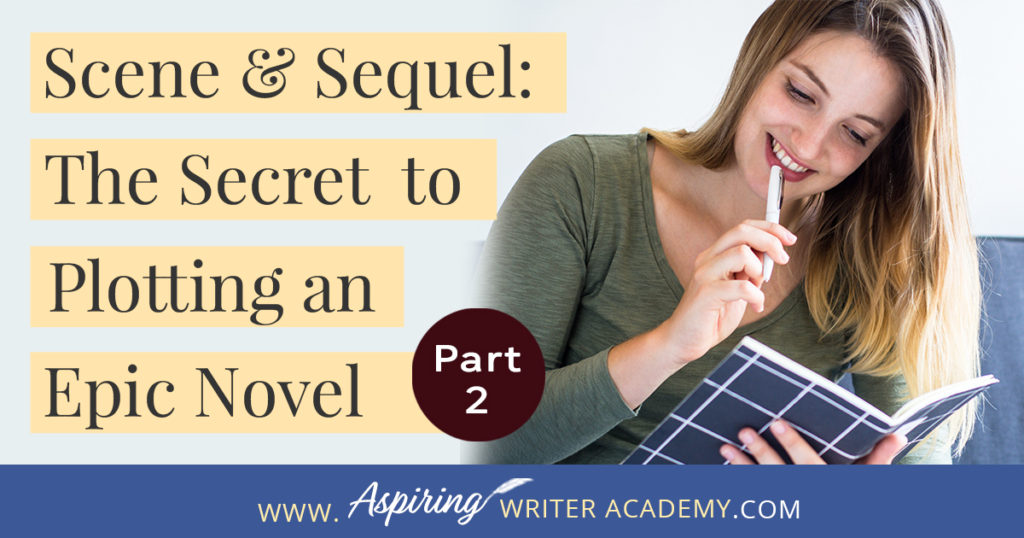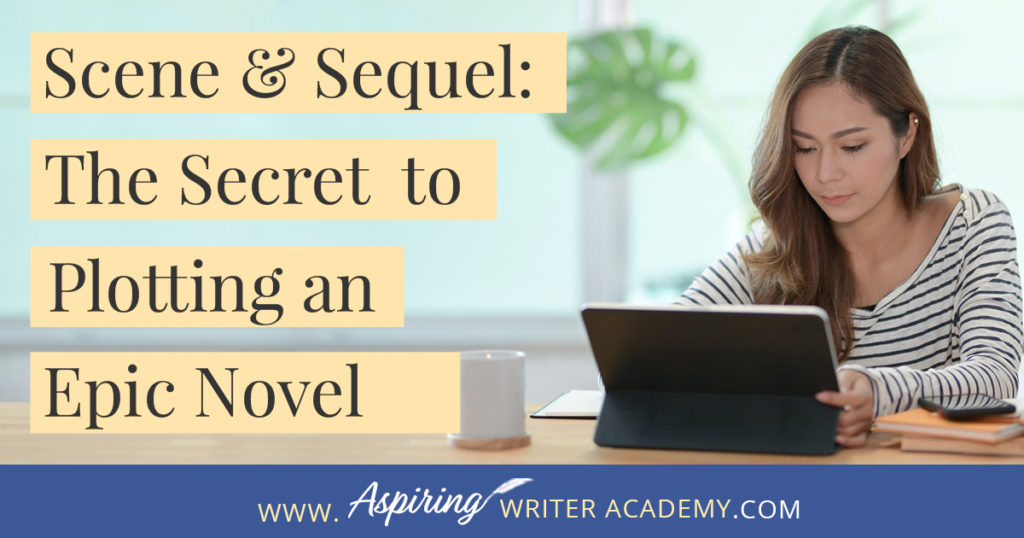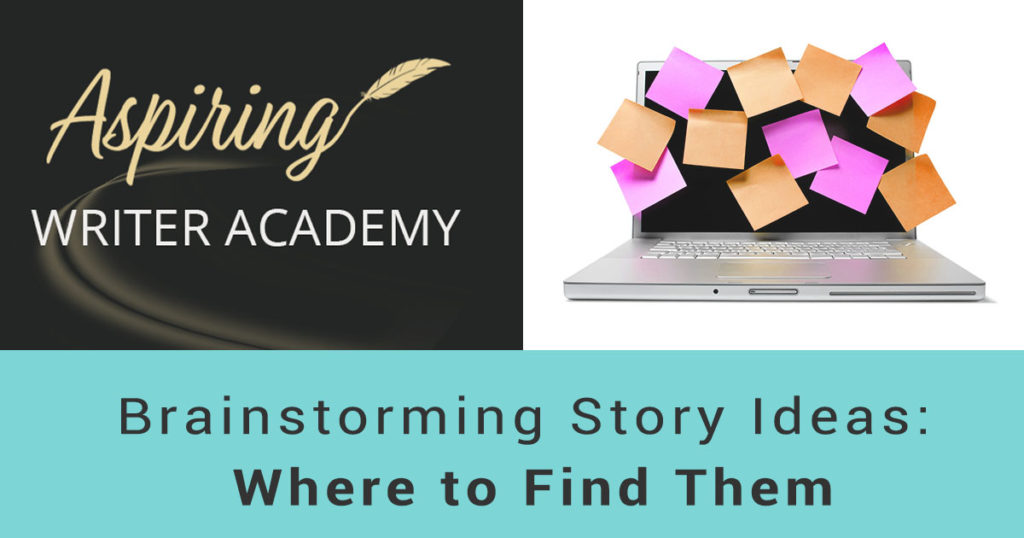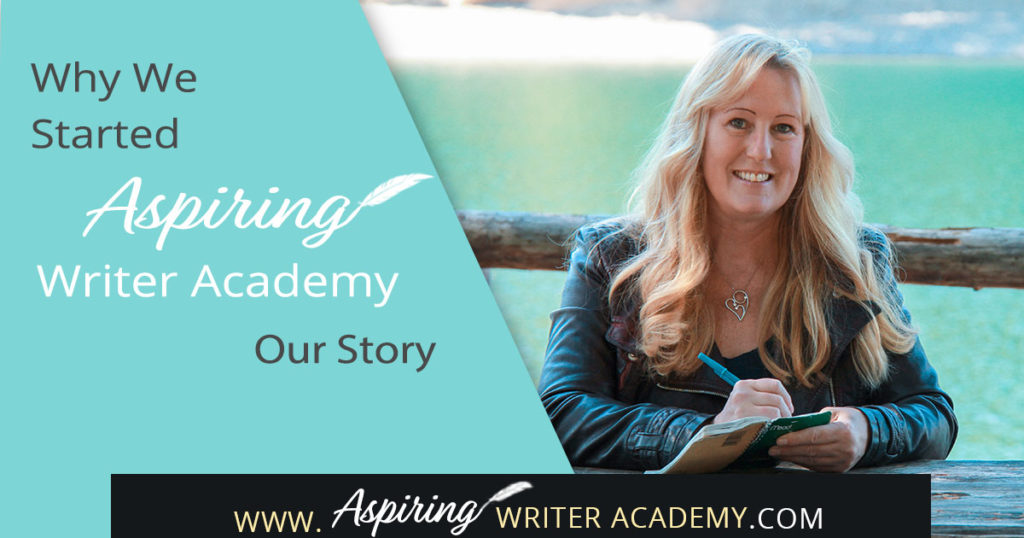Writing Fiction
How Writing Prompts Can Improve Your Fictional Story
Some writers may love writing prompts while others think they are a waste of valuable time. Time better spent working on their story.
But what if a few quick specific writing prompt sessions could help you brainstorm plot holes, deepen point-of-view, sketch upcoming scenes, and supercharge character dialogue?
In How Writing Prompts Can Improve Your Fictional Story, we show how these fast sprints can boost motivation, improve writing skills, and enhance your fictional novel.
Read MoreCreative Writing: 5 Ways to Strengthen a Weak Fictional Character
Do you have trouble writing strong fictional characters?
Perhaps you have been told that your protagonist or antagonist or a sub-character is weak, that they need more motivation. Perhaps the character doesn’t have a strong enough story goal, or enough personality or maybe the character isn’t actively driving the story forward.
How can you “fix” a weak character and make him worthy? Follow along as we discuss, Creative Writing: 5 Ways to Strengthen a Weak Fictional Character in the post below.
Read MoreFiction Writing: Create a Storyboard to Map Out Your Scenes
What is the first step to writing a scene?
While some writers just wait to see what comes to mind, it is helpful for most writers to have a plan. Figuring out the scene details and objectives on a “Storyboard” beforehand allows you to write your scenes with ease.
If you are unsure how to craft a vibrant, compelling, purpose-filled scene, follow along as we help you with the framework in our post, Fiction Writing: Create a Storyboard to Map Out Your Scenes, with our Free Template.
5 Common Mistakes New Writers Make
New writers often hold onto various misconceptions when it comes to writing and publishing. How do you know when your work is ready to publish? Do you really need to hire an editor? What expectations are realistic when publishing a first book? Will publishing houses help a new author with promotion? In our post, 5 Common Mistakes New Writers Make, we discuss these topics and more to help you avoid blunders and launch a flourishing writing career.
Read MoreFiction Writing: 5 Key Differences Between a Novel and a Novella
Are you confused about the differences between a novel and a novella? Perhaps you know one is longer than the other, but you aren’t sure if writing a novella is worth your time. Do they make any money? Who publishes novellas? Can they be used for promotion? In our post, Fiction Writing: 5 Key Differences Between a Novel and a Novella, we discuss all these things and more so that you can decide which choice is right for you.
Read More3 Ways to Avoid Writing ‘Episodic’ Scenes in Fiction
Has anyone ever called your story ‘episodic?’ Were you left wondering what that term even meant? Perhaps you heard the word ‘episodic’ used negatively by an agent or editor at a conference, or by a critique partner, a Beta reader, or…in a rejection letter. In our post, 3 Ways to Avoid Writing ‘Episodic’ Scenes in Fiction, we help you overcome this common writing pitfall so you can strengthen your story and keep readers turning pages.
Read MoreHow to Write Act I: Opening Scenes for Your Fictional Story
Many writers come up with an idea for a great story but get stuck on the opening scenes.
* Where do you start?
* What should be included in chapter one?
* How should you introduce the characters and the story world?
* What exactly is an ‘inciting incident?’
* When do I insert backstory?
* What is Plot Point I?
In our post, How to Write Act I: Opening Scenes for Your Fictional Story, we answer each of these questions to help set your writing on the road to success.
Read MoreLearn to Plot Fiction Writing Series: Story Analysis of “Beauty and the Beast”
Many writers believe they can just sit down and write whatever pops into their head. However, most Popular Fiction contains specific components or “Plot Points” that serve to move a story forward from beginning to end.
In our Learn to Plot Fiction Writing Series: Story Analysis of Disney’s “Beauty and the Beast” we will show you how to recognize each element and provide you with a Free Plot Template so you can draft satisfying, high-quality stories of your own.
Read MoreHow to Plot Your Fictional Novel (with Free Template Included)
Solid Story Structure. What is it? If you wish to write a satisfying fictional story for your readers, then you must learn the specific elements or ‘Plot Points’ that nearly all Popular Fiction stories share. Using our Free Plot Sketch Template, included in our post, How to Plot Your Fictional Novel, you will be able to identify the various turning points in both movies and books and keep your own stories on track from beginning to end.
Read MoreScene & Sequel: The Secret to Plotting an Epic Novel (Part 2)
A good story is about a character who ACTS. His actions and decisions drive the story forward. However, many aspiring writers string together scenes that an editor might call ‘episodic.’ What is ‘episodic?’ This is when your character seems to enter a scene without a clear scene goal or intention of pursuing a scene goal, and a random event occurs causing the character to react. Then another disaster happens to this character in the next scene or the character gets more bad news.
Read MoreScene & Sequel: The Secret to Plotting an Epic Novel
Scene & Sequel: The Secret to Plotting an Epic Novel
(Part I)
Ever feel ‘stuck’ while writing or had your story called ‘episodic’ or ‘unmotivated?’ Do you have a hard time moving your story forward in a way that grips the reader?
Learn the individual components of Scene & Sequel to structure your scenes, advance the plot, and increase the stakes with each character decision.
Brainstorming Story Ideas: Where to Find Them
One of the top questions an author gets asked is: How do you come up with the ideas for your stories? In this blog post, we give you 3 useful resources and 3 Smart Writer Tips to help you find the inspiration you need to start writing fabulous fiction.
Read MoreWhy We Started Aspiring Writer Academy: Our Story
Hi, I’m Darlene Panzera, co-owner of Aspiring Writer Academy and I would like to share why my daughter, Samantha, and I started a blog on writing and publishing.
Read More
